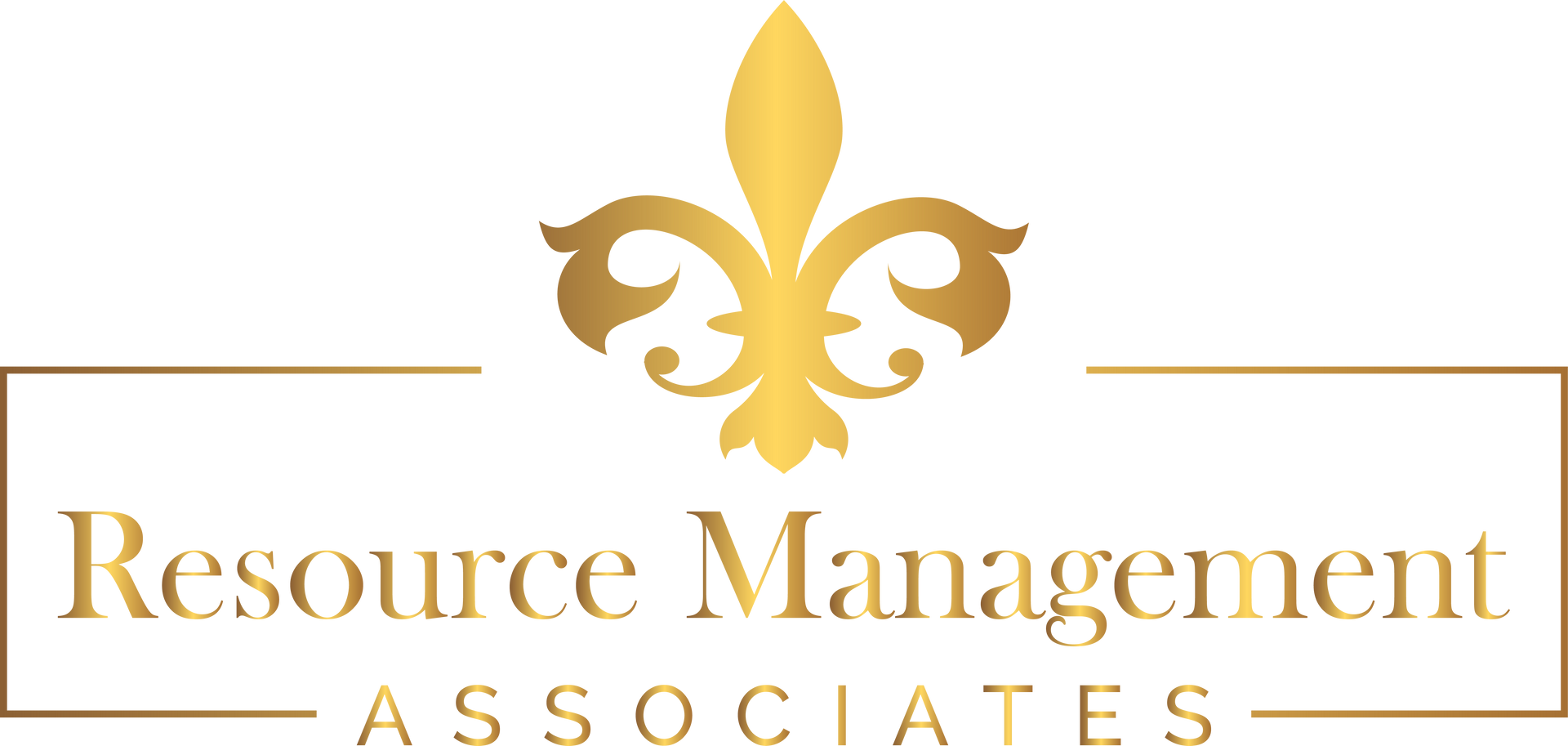IT Microsoft Azure GIS Architecture Specialist (NC773289)
Primary Responsibilities
Design and implement robust GIS architectures for enterprise solutions deployed across on-premise infrastructure and Microsoft Azure cloud environments.
Develop and maintain UML-based enterprise architecture diagrams using an architecture repository to support cross-team alignment, solution modeling, and strategic planning.
Develop and maintain technical documentation for both on-premise and cloud-based GIS system architectures, integrations, and configurations.
Design, implement, and manage enterprise-wide and resource specific backup and restore solutions for critical GIS systems across hybrid environments to ensure high availability and disaster recovery readiness in alignment with organizational requirements.
Evaluate, maintain, and evolve architecture models to support hybrid GIS deployments, ensuring consistency, performance, and reliability.
Support planning and execution of GIS enterprise application deployments, integrations, and upgrades.
Contribute to the development of modernization strategies that transition legacy systems to cloud or hybrid configurations.
Collaborate with system engineers to provision, configure, and monitor GIS applications in both data center and cloud-based environments.
Assist with architecture planning and implementation for hybrid connectivity, such as VPNs, private endpoints, and federated identity systems.
Ensure alignment between GIS applications and underlying infrastructure in multi-environment (on-prem/cloud) deployments.
Work with developers, analysts, and system engineers to align application design with infrastructure architecture and performance requirements.
Support enterprise GIS initiatives including Roads and Highways, Spot Online, NC CRIS, and ATLAS, with deployment strategies tailored to the environment (on-prem/cloud).
Contribute to GISU architecture governance processes by helping define and enforce standards, best practices, and technical guidelines.
Participate in reviews of existing architecture, recommending changes to meet future scalability, security, and compliance needs.
Contribute to GISU architecture governance processes by helping define and enforce standards, best practices, and technical guidelines.
Perform audits of deployed systems to ensure adherence to architecture standards and operational readiness.
Required Knowledge, Skills, and Abilities
Strong proficiency in creating UML models, system architecture diagrams, and documenting designs within architecture repositories. Experience using Sparx Enterprise Architect, Microsoft Visio or other architecture modelling/diagramming tools.
Hands-on experience implementing and supporting Esri technologies in enterprise environments (ArcGIS Enterprise, ArcGIS Online, ArcGIS Pro).
Experience with implementing robust backup and restore strategies for enterprise GIS environments using Esri’s WebGISDR and GeoJobe Tools, ensuring data integrity and minimal downtime across ArcGIS platforms. Well versed in backup and recovery workflows that support spatial data continuity, compliance, and operational resilience.
5–7+ years of experience implementing and supporting Esri technologies in enterprise environments.
Proven expertise in designing and supporting hybrid backup and restore strategies, covering both cloud and on-prem data protection workflows.
Skilled in infrastructure and security best practices, application integration, and performance optimization across GIS systems.
Strong understanding of GIS architecture patterns, system integration approaches, and enterprise-level data and service flows.
Hands-on experience in administration, configuration, and monitoring of ArcGIS Enterprise components (Portal, ArcGIS Server, Data Store, etc.).
Familiarity with Windows Server environments, IIS, and integration with enterprise authentication systems (Active Directory, LDAP, Azure AD).
Demonstrated experience designing and supporting hybrid GIS architectures that span both on-premise data centers and cloud platforms (preferably Microsoft Azure).
Working knowledge of Azure services including Virtual Machines, App Services, Azure SQL, Azure Monitor, and Role-Based Access Control (RBAC).
Familiarity with hybrid integration techniques such as VPNs, ExpressRoute, secure networking, and identity federation.
Strong understanding of enterprise and cloud security best practices, including authentication protocols (LDAP, SAML, Azure AD), certificate management, and segmented network design (e.g., firewalls, NSGs).
Experience contributing to architecture review documents, standards, and reference models.
Demonstrated ability to manage and prioritize complex technical work across hybrid cloud/on-prem environments.
Self-motivated and capable of working independently in a remote work setting, while also contributing to team-based projects and goals.
